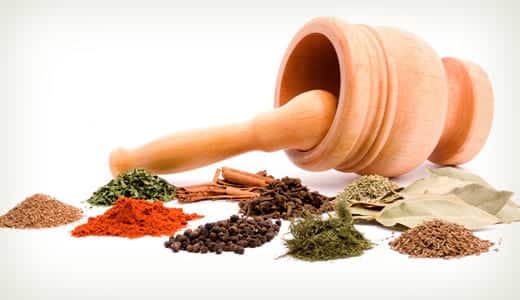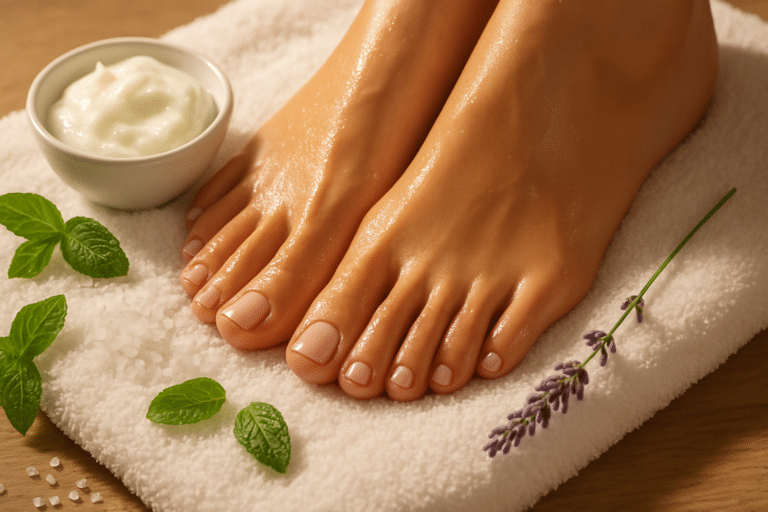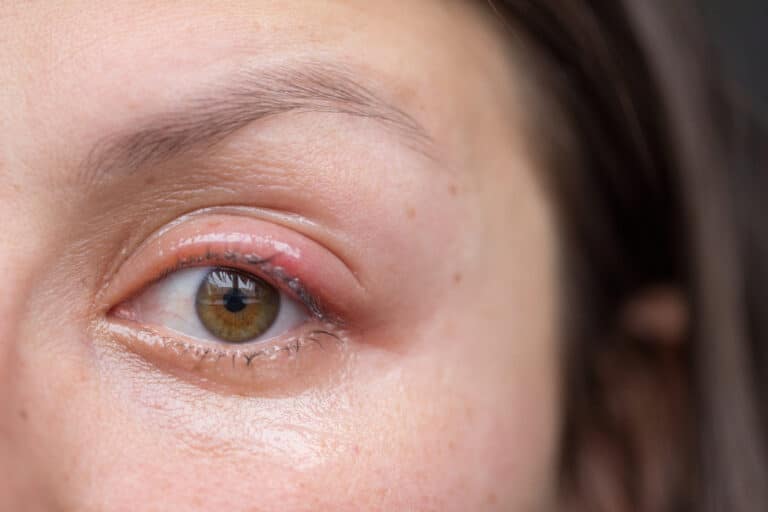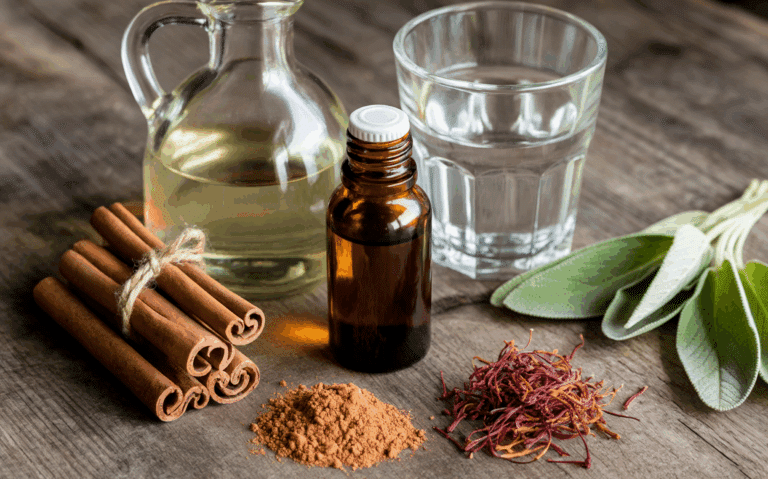How to Get Rid of Yeast Infection Fast

If you're dealing with a yeast infection, you want relief fast. Understanding the causes and symptoms is key to addressing the issue effectively. There are various treatments available, from prescription medications to over-the-counter options. It's important to know what works best for you and how to prevent future infections. Let's explore the quickest ways to tackle this discomfort and guarantee it doesn't come back.
Understanding Yeast Infections
Yeast infections can be uncomfortable and frustrating, but understanding them is the first step toward relief.
You're more at risk if you're pregnant, as hormonal changes can create a favorable environment for yeast. If you have diabetes, especially if it's poorly controlled, your susceptibility increases. Prolonged wet environments can also contribute to the development of a yeast infection, so it's important to stay dry and change out of wet clothing promptly.
Antibiotics can disrupt your natural bacterial balance, leading to an infection. Additionally, hormonal contraceptives can alter your vaginal environment, raising the risk.
If your immune system is weakened, like in cases of HIV/AIDS, you're also more vulnerable. Recognizing these risk factors helps you take preventive measures and seek timely treatment.
Common Causes and Symptoms
Understanding the risk factors for yeast infections sets the stage for recognizing their common causes and symptoms. Several factors can lead to an overgrowth of yeast in your body.
- Antibiotics can decrease healthy bacteria levels.
- Uncontrolled diabetes increases your risk considerably.
- Hormonal changes during pregnancy or menstruation contribute to yeast infections.
- Tight-fitting clothing and synthetic materials can irritate sensitive areas.
- A weakened immune system, due to conditions like HIV, allows yeast to thrive. Small amounts of Candida are normal in the body, but an overgrowth can lead to infections.
Symptoms often include itching, burning, and irritation in your vaginal area, along with thick, white, odorless discharge.
You might also experience pain during urination or intercourse, redness, and swelling around the vaginal opening.
Recognizing these signs is essential for addressing the issue promptly.
Fast Prescription Treatments
When you're dealing with a yeast infection, fast prescription treatments can provide quick relief and help restore your comfort.
Fluconazole, commonly known as Diflucan, is the go-to oral medication. It works by attacking the cell walls of Candida fungi, leading to their death, and you'll typically notice symptom relief within one to two days. This medication remains effective for about 72 hours, making it a convenient option. While other medications like Itraconazole and Terbinafine exist, they're less effective for yeast infections. Antifungal medications are the most effective treatment for fungal infections.
Remember to consult your healthcare provider for a proper diagnosis and follow their instructions closely. If your symptoms don't improve, seek further medical advice to guarantee appropriate treatment.
Effective Over-the-Counter Options
For those seeking quick relief from a yeast infection, effective over-the-counter options can be a lifesaver. You can find various treatments that work quickly and efficiently.
Here are some popular choices:
- Miconazole (Monistat): Offers symptom relief within 1 hour, available as a cream or suppository.
- Clotrimazole (Gyne-Lotrimin): Relieves symptoms in 3 days and improves the infection within 7 days.
- Tioconazole (Vagistat-1): A convenient single-dose treatment for vaginal yeast infections.
- Diverse Forms: Available as creams, dissolvable tablets, or suppositories for your convenience.
- Broad Coverage: Some creams treat various yeast strains, giving you more options. Approximately 75% of women and people assigned female at birth (AFAB) experience a yeast infection during their lifetime.
Always follow the instructions on the packaging, and consult a healthcare provider if symptoms persist.
Natural Remedies for Quick Relief
If you're looking for fast relief from a yeast infection, natural remedies can be a helpful option alongside conventional treatments.
Boric acid suppositories are antifungal and effective for recurrent infections, but use them cautiously. Additionally, over-the-counter antifungal treatments are available without a prescription and can provide quick relief.
Tea tree oil, when diluted with a carrier oil, and coconut oil can offer topical relief. You might also consider adding apple cider vinegar to your bath for its soothing properties—just remember to dilute it.
Probiotic supplements and natural yogurt can support your body's balance, while vitamin C and cranberry juice may help prevent further issues.
Always consult a healthcare provider before trying these remedies, especially for severe or persistent infections, to guarantee safe and effective treatment.
Preventive Measures to Avoid Recurrence
To prevent the recurrence of yeast infections, adopting effective hygiene and lifestyle practices is essential.
You can take proactive steps to minimize your risk and maintain a healthy balance. Here are some key measures to reflect upon:
- Wear breathable underwear: Choose cotton to reduce moisture buildup.
- Keep clothing loose: Avoid tight clothing that traps heat.
- Change out of wet clothes: Don't sit in damp bathing suits or workout gear.
- Wipe from front to back: This helps maintain proper bathroom hygiene.
- Manage diabetes: Keeping blood sugar levels in check can prevent infections. Additionally, controlling diabetes can significantly lower your risk of developing yeast infections.
Dietary Changes to Support Recovery
Maintaining a balanced diet plays a pivotal role in recovering from a yeast infection. Start by limiting high-sugar foods, as sweets and processed sugars can fuel yeast growth. Minimize consumption of high-sugar fruits like bananas and avoid sugary drinks. Incorporating an anti-inflammatory diet can also help support overall health during recovery.
Focus on probiotic-rich foods such as natural yogurt and kefir to support gut health. Incorporate lean proteins like chicken and fish, and opt for healthy fats like avocado and olive oil. Lactobacillus spp. fill your plate with non-starchy vegetables, including broccoli and spinach, while enjoying low-sugar fruits like berries.
Stay hydrated with lemon water or bone broth, and steer clear of moldy foods and processed meats. These dietary changes can help you recover more effectively and swiftly.
When to Seek Medical Help
When should you consider seeking medical help for a yeast infection? If you experience any of the following symptoms, it's time to consult a healthcare professional:
- Fever or other severe symptoms that worsen over time
- Signs of invasive candidiasis, which is a serious systemic infection
- Persistent or widespread itching and rash
- Recurring infections within two months; this could signal underlying issues
- Failure of over-the-counter treatments to alleviate your symptoms
Don't hesitate to reach out, especially if you're pregnant or have a compromised immune system. Urgent care centers can provide immediate assistance for your condition.
Timely medical intervention can prevent complications and help identify the right treatment for your condition.
Frequently Asked Questions
Can Men Get Yeast Infections Too?
Yes, men can get yeast infections. They often occur in uncircumcised males or those with certain health conditions. If you notice symptoms, it's important to seek treatment promptly to avoid complications.
How Long Does a Yeast Infection Typically Last?
A yeast infection typically lasts a few days to two weeks, depending on its severity. Mild infections may clear on their own, but treatment often helps restore balance and speed up recovery.
Are Yeast Infections Contagious Through Sexual Contact?
Yeast infections can be transmitted through sexual contact, though it's not common. If you're experiencing symptoms, it's best to avoid sexual activity until you're fully treated to prevent spreading the infection.
Can Stress Trigger a Yeast Infection?
Yes, stress can trigger a yeast infection. When you're stressed, your body produces cortisol, disrupting your immune system and vaginal pH, creating an environment that allows yeast to overgrow and lead to infection.
Should I Avoid Sex During a Yeast Infection?
Yes, you should avoid sex during a yeast infection. It can worsen symptoms, prolong healing, and increase the risk of transmission. Prioritizing your health and comfort is essential until the infection fully resolves.
Conclusion
To sum up, dealing with a yeast infection can be frustrating, but you can find relief quickly by using prescription medications like fluconazole or over-the-counter treatments such as miconazole. Don't forget to maintain good hygiene and consider dietary changes to support your recovery. Remember, if your symptoms persist or worsen, it's important to consult a healthcare provider. By taking these steps, you can get back to feeling like yourself in no time and prevent future infections.






